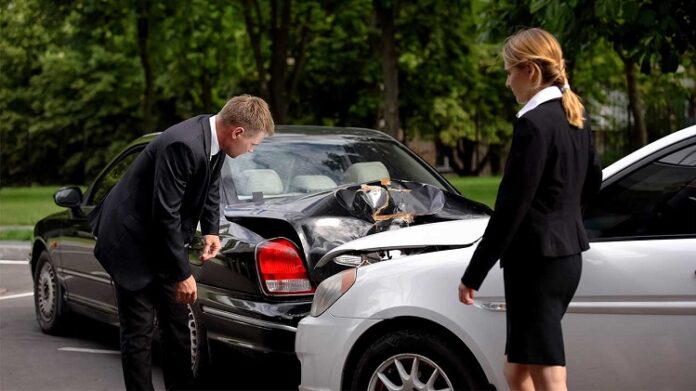Car accidents are unfortunately common occurrences on roads worldwide, often resulting from a variety of factors such as driver error, road conditions, and vehicle malfunctions. The accident attorneys in Virginia Beach stress that the aftermath of an accident, assigning blame, and determining liability are crucial for legal and insurance purposes. But can a car accident be blamed on a mechanic? Let’s delve into the complexities of this question and explore the scenarios where a mechanic may bear some responsibility.
Table of Contents
The Role of Mechanics:
Mechanics play a vital role in ensuring the safety and proper functioning of vehicles. From routine maintenance to complex repairs, they are entrusted with the task of keeping cars in optimal condition. However, like any profession, errors or negligence can occur, potentially leading to mechanical failures that contribute to accidents.
Understanding Liability:
Negligence:
In legal terms, negligence is used to describe a situation where reasonable care is not provided, resulting in harm or injury to another party. If a mechanic’s actions or inactions fall below the standard of care expected in their profession and directly contribute to a car accident, they may be held liable for negligence.
Breach of Warranty:
Mechanics may also be held accountable for breaches of warranty, especially if the accident stems from faulty repairs or defective parts that were guaranteed to be in working order. If a mechanic fails to fulfill their warranty obligations, they can be held responsible for any resulting damages.
Product Liability:
In some cases, accidents may occur due to defective automotive parts or components installed or serviced by a mechanic. If the defect can be traced back to the manufacturer, the mechanic may still be liable if they knew or should have known about the defect but failed to take appropriate action.
Scenarios Where a Mechanic May Be Blamed:
Inadequate Repairs:
If a mechanic performs substandard repairs or fails to diagnose and address critical issues, such as brake failure or steering problems, that directly contribute to an accident, they may be held responsible for the resulting damages.
Improper Installation of Parts:
Mechanics are often tasked with installing new parts or components during repairs. If the installation is done incorrectly, leading to component failure or malfunction, the mechanic may be deemed liable for any accidents resulting from the defective installation.
Failure to Perform Routine Maintenance:
Regular maintenance is a critical part of ensuring that there are no mechanical failures that could result in an accident. If a mechanic neglects to perform routine maintenance tasks, such as oil changes, brake inspections, or tire rotations, resulting in a vehicle malfunction contributing to an accident, they may be held accountable for their negligence.
Defending Against Blame:
While mechanics can be held liable for their actions or oversights, it’s essential to consider factors that may mitigate or negate their responsibility. These may include:
Lack of Causation:
To hold a mechanic liable, there must be a direct causal link between their actions or negligence and the accident. If other factors, such as driver error or pre-existing vehicle issues, significantly contributed to the accident, the mechanic’s liability may be reduced or eliminated.
Proper Documentation:
Mechanics can protect themselves by maintaining detailed records of all repairs and services performed, including parts used, diagnostic findings, and customer communications. This documentation can serve as evidence to demonstrate that they acted with due diligence and by industry standards.
Professional Standards:
Mechanics who adhere to professional standards and best practices are less likely to be held liable for accidents resulting from unforeseen mechanical failures. By staying informed about the latest automotive technologies and techniques, mechanics can minimize the risk of errors and ensure the safety of their customers.
While mechanics play a crucial role in maintaining the safety and reliability of vehicles, they can potentially be held liable for accidents resulting from their actions or negligence. However, assigning blame in such cases can be complex and may require careful examination of the circumstances surrounding the accident.
Ultimately, both mechanics and vehicle owners share a responsibility to prioritize safety and ensure that vehicles are properly maintained and serviced. By fostering open communication, adhering to professional standards, and taking appropriate precautions, mechanics can help minimize the risk of accidents and protect themselves from unwarranted blame. Likewise, vehicle owners should exercise diligence in selecting reputable mechanics and promptly addressing any concerns regarding vehicle maintenance and repairs.




